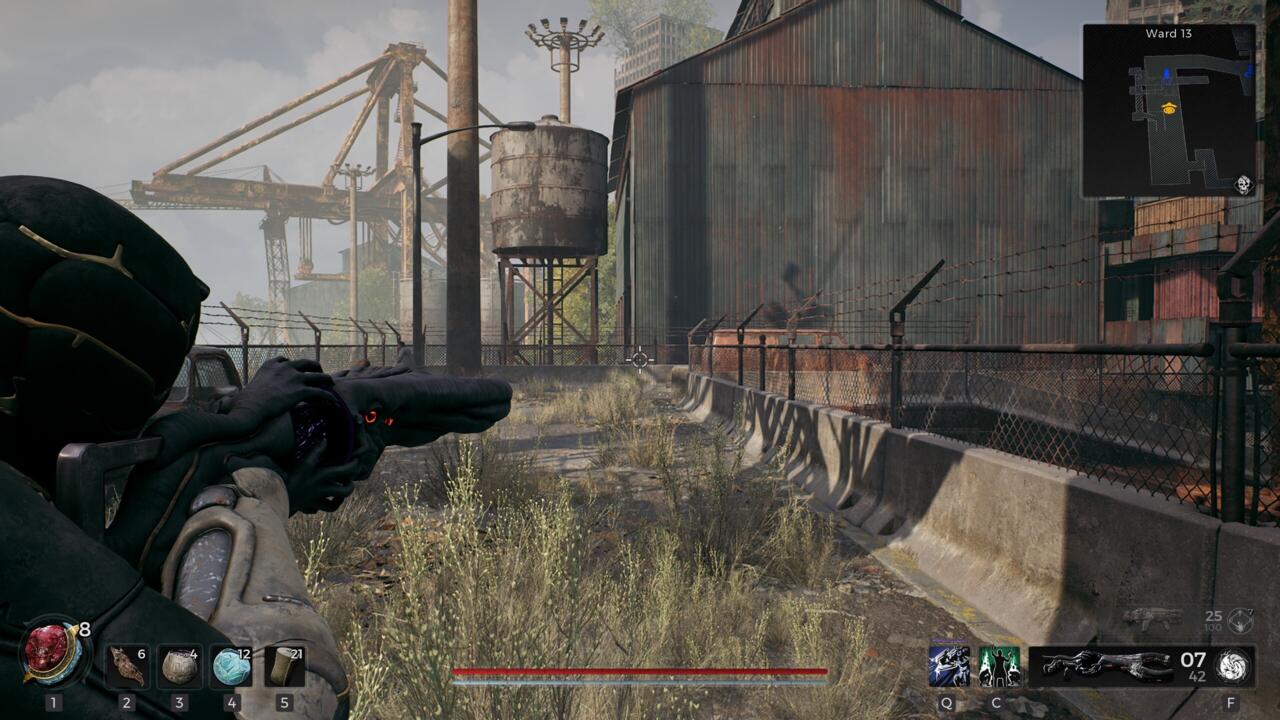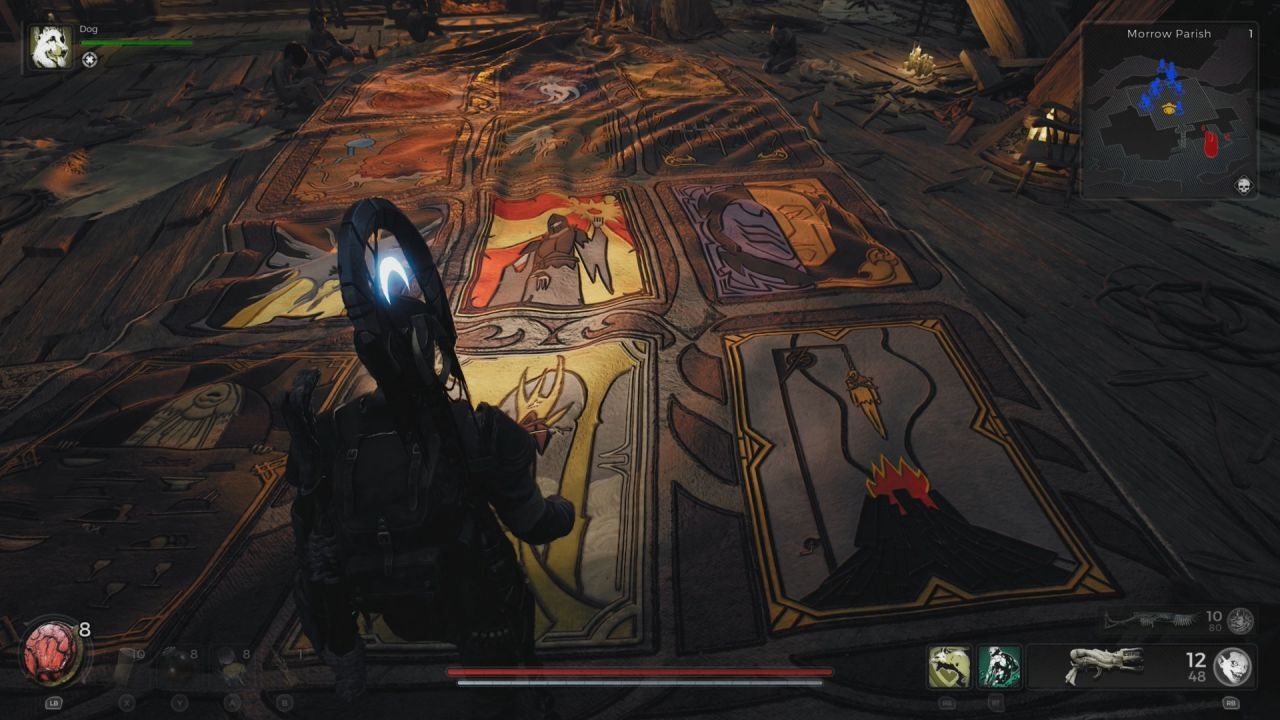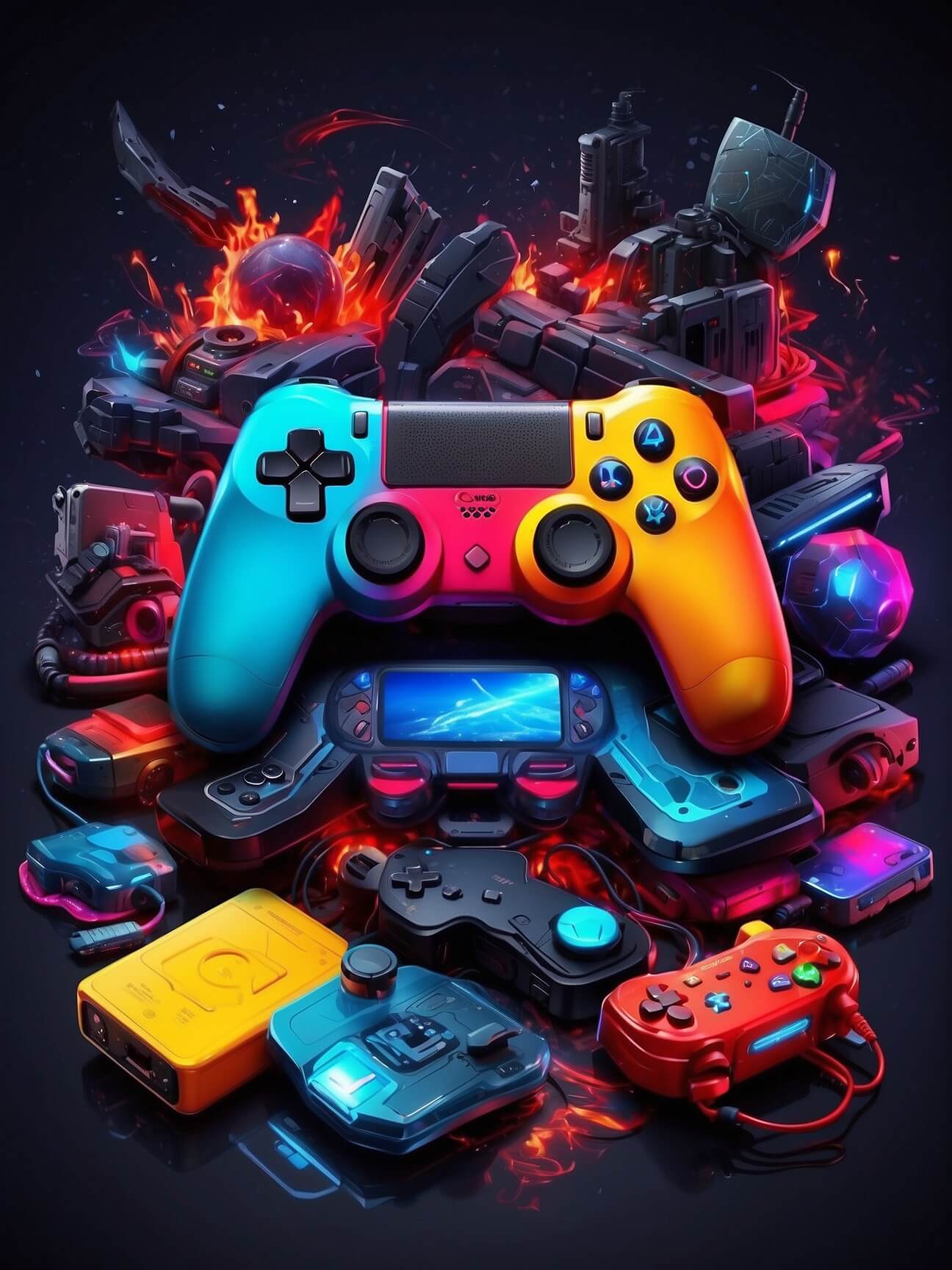Don't miss our holiday offer - 20% OFF!
Best Of 2023: A Constant Feeling Of Discovery Made Remnant 2 My Favorite Game Of The Year
There were a lot of moments that made me stop and say, “Wow, that was awesome,” in Remnant 2, but the one that shoved it to the top of my list of favorites for the year came during one of its many excellent boss fights.
I’d worked through one of the three strange locations that make up Remnant 2’s campaign. This one was a wrecked derelict spaceship the size of a moon that had once been inhabited by an advanced race on a quest to find, more or less, god. That plan didn’t really pan out, and their ship’s interior had changed over eons from a contained facsimile of their planet into a desolate, post-apocalyptic waste. Through the course of exploring, I’d cleared one of Remnant 2’s dungeons and found what was essentially a weird alien USB drive. Now I was carrying it around, waiting to figure out what to do with it.
We eventually reached the final boss of the area, a huge blue alien named Sha’Hala with a ton of eyes and enormous hands. We’d dealt with this guy before in a friend’s playthrough, fighting through by the skin of our teeth to defeat him. But when I reached the console to activate the fight with Sha’Hala, I noticed another interactable spot on the bottom we hadn’t seen before: a second control point, out of the way and easy to miss. I hit the interact button and was offered the opportunity to use a quest item from my inventory.
Intrigued, I stuck the USB thing in, which kicked off the boss fight. And much to my surprise, we were thrown into a very different battle than the one we’d previously fought against this very same huge alien monster. Sha’Hala had all-new attacks this time around, and the tenor of the battle was wholly different. Instead of a mess of laser beams forcing us to dodge constantly, we were dealing with more small targets that had to be cleared out before we could attack the boss. The entire boss fight had a new feel, and at the end, we received a new, ludicrous gun made out of severed alien hands as a reward.
After the fight, we discovered that our actions hadn’t just completed the world, but had completely walled it off. Unlike other locations, we couldn’t return to this version of N’Erud to explore it further or try to complete its story quests. It was gone, inaccessible, destroyed or condemned by the effects of introducing the alien device into the boss’s console.
This sort of thing, stumbling on a secret that can totally change your experience, happens all the time in Remnant 2, thanks to its brilliant combination of bespoke and procedural design. Remnant 2 teleports you to distant worlds to explore, and every time you arrive at one, the game cobbles together that world from a number of parts–but all of those parts have their own distinct, fleshed-out, deliberately designed pieces. The world map will have a number of dungeons on it, but those dungeons are randomly chosen. The dungeons themselves are all distinct, often with one-off mechanics and secrets of their own, but which secrets are found within is also chosen procedurally.

What you end up with are worlds and locations and dungeons that all have the strong aspects of bespoke content, like interesting boss fights and hidden rewards, but with the feeling of unexpected discovery that comes from procedural generation. It creates experiences that are constantly surprising and delightful.
To get that alternate boss fight we didn’t know existed, my version of N’Erud–the alien ship world–had to have the right combination of elements. I had to have the correct dungeon, which was an underground transit system overtaken by a rogue AI that tries to kill you with a train derailment. I had to finish that dungeon and find the USB drive at the end of it, and I had to carry it along with me to the end of that world’s story campaign.
Oh, and I also needed to get the correct story campaign to begin with–because each of the three worlds you explore in Remnant 2 has two completely different main stories to play through, which also affect the pieces you’ll get when that world is created. And that means that there are whole other versions of N’Erud with their own locations and mysteries, and maybe even alternate boss fights, to unlock.
At another point, my team and I were exploring another world–the fantasy-ish Losomn, which is actually a Bloodborne-esque industrial revolution planet slowly merging with a high elf Rivendell-type dimension–and spotted a blind child running through the streets of the burning city. We’d already been through this world before and we’d never seen anything like this; mostly, the denizens of the town were like those of Yarnham, attacking you on sight with rifles and pitchforks.

We eventually managed to follow the kid through the town and discovered a house where a number of children were living, along with a strange woman knitting a massive quilt. After a second, we realized the quilt was an enormous depiction of our exploits. This was a giant puzzle that would need to be solved; to complete the quilt, we’d have to discover more dungeons, and even revisit alternate versions of Losomn in order to complete the quest. The new location also carried with it a whole new side of the story in Losomn, adding new context to a world we thought we had a handle on.
The feeling that came with this revelation was phenomenal–we’d been through Losomn two or three times by this point in one another’s games, but here was something not only wholly new, but which unlocked a huge, expansive new puzzle to solve. Remnant 2 delivered this feeling for us again and again.
There are a lot of reasons to like Remnant 2, from its mix-and-match character-class system to its excellent boss fights, but what I liked most of all was uncovering its secrets. Every time I ventured into territory I thought I knew, I found something different. I’ve never played a game that uses procedural generation so effectively–not to create a bunch of generic content to keep you busy, but to hide new, brilliant moments in your path. Remnant 2 is a lot of things, but what it’s best at is a delivery system for discovery, coaxing you back again and again to see what other fascinating, brilliant, and fun secrets it’s hiding. That’s why, of all the games that came out in 2023, it’s the one I’m still playing.

